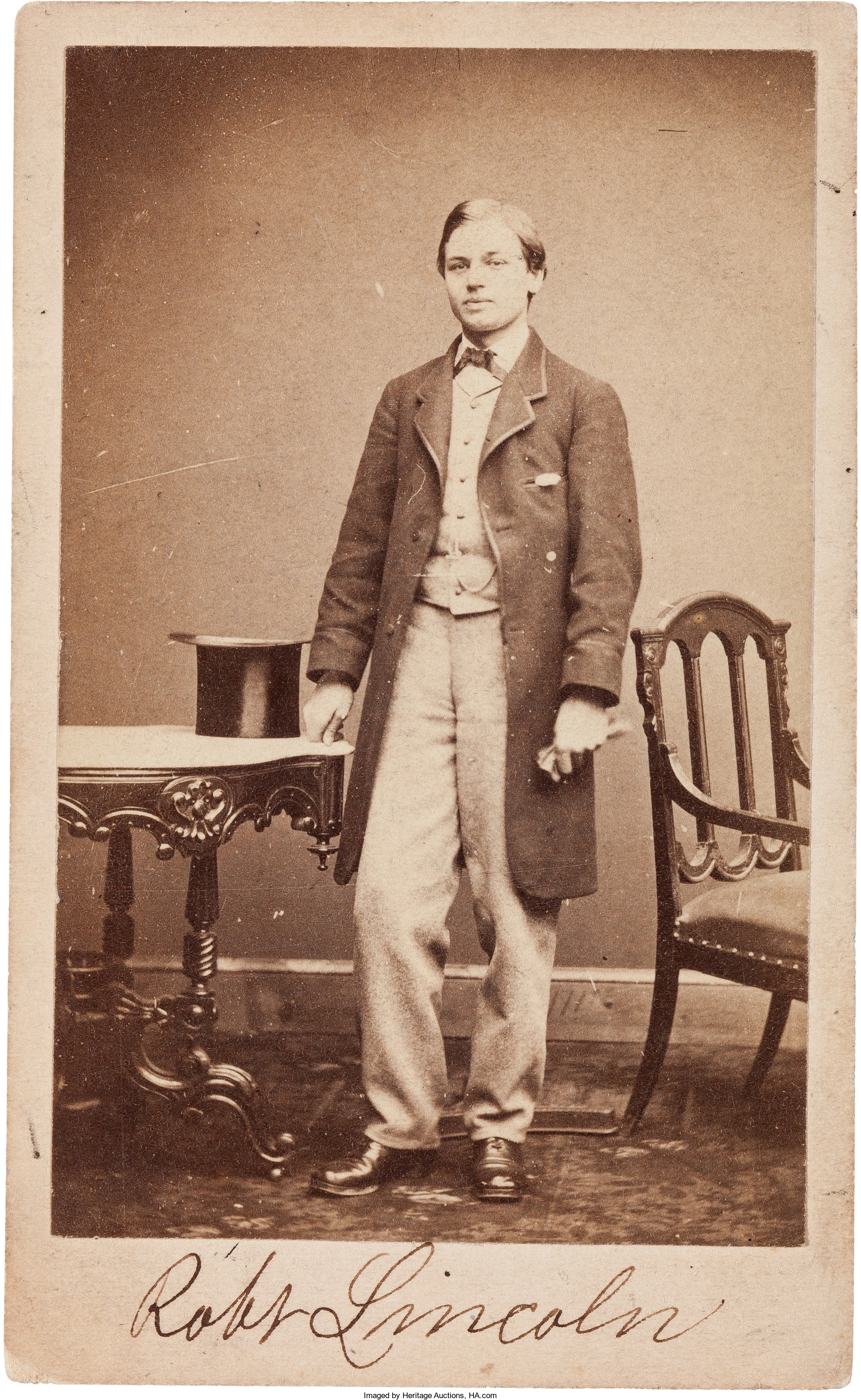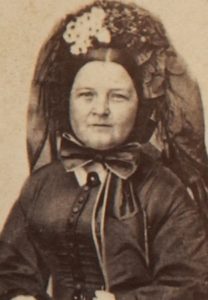
By Jim O’Neal
Many historians cling to the belief that Robert Todd Lincoln was the most successful of all presidential children, including those who also became president. He was one of the best businessmen of his generation, a powerful and celebrated figure in society and a public servant. He was a cabinet member in two different administrations and a superb diplomat in another.
He was also present at many famous events.
As a late entrant into the Civil War, he was a member of Major General U.S. Grant’s personal staff and was there when Robert E. Lee surrendered at the McLean House near Appomattox. He actually witnessed the formal signing. Three months later, he was at his father’s side when he died and then accompanied his mother back to the White House. She was too bereaved to attend the funeral or to accompany the body back to Springfield.
Robert performed both of these tasks with poise and dignity. Later, he would be close by when both presidents James A. Garfield and William McKinley were assassinated.
But the Lincoln family almost seemed cursed. Mary Todd Lincoln grew more erratic and confused. In the spring of 1875, distraught and humiliated by her behavior, Robert Lincoln decided to have his mother committed to an insane asylum. He had her followed by Pinkerton agency detectives to record her activities, enlisted six of Chicago’s finest doctors to testify (none of whom examined her), hired her an attorney, and then conspired with the prosecutor to ensure a consistent story for the court.

On May 9, 1875, Mary Lincoln was taken to a public courtroom where she was confronted by this cabal. Her attorney cross-examined no witnesses and called none of his own, including Mary Lincoln. The final witness was Robert Lincoln, who provided the coup de grace. “I have no doubt my mother is insane. She has been a source of great anxiety to me.”
The only example of Mary Lincoln’s sanity occurred when she devised a clever scheme to get a release from the Bellevue asylum in Batavia, Ill., where she had been confined. She then made it to her sister’s house in Springfield and then on to Europe, fearful that Robert would strike again.
Mary Todd Lincoln spent her final years in anonymity and loneliness in the trendy resort village of Pau, France, near the Spanish border. Referring to Robert, her only remaining son, as a “wicked monster,” she insisted in her letters that even his father had always disliked him. Dismissed by the public as “crazy,” she subsisted for many years as an exile in a foreign country, relying on her presidential widow’s pension and fluent French.
Finally, in 1882, Mrs. Abraham Lincoln returned home to Springfield, but even her death was not an easy affair. At the end, she was covered with boils, almost completely paralyzed and blind. She died on July 16, 1882, after a severe stroke. She was 63 years old.
An autopsy revealed a cerebral disease she had for years and her entire estate was inherited by her surviving son, the “wicked monster” Robert Todd Lincoln.
Historians have a wide array of criteria to judge greatness. Obviously, family harmony is not one of them.
 Intelligent Collector blogger JIM O’NEAL is an avid collector and history buff. He is President and CEO of Frito-Lay International [retired] and earlier served as Chairman and CEO of PepsiCo Restaurants International [KFC Pizza Hut and Taco Bell].
Intelligent Collector blogger JIM O’NEAL is an avid collector and history buff. He is President and CEO of Frito-Lay International [retired] and earlier served as Chairman and CEO of PepsiCo Restaurants International [KFC Pizza Hut and Taco Bell].
